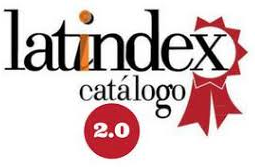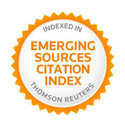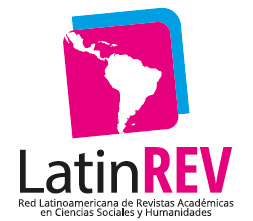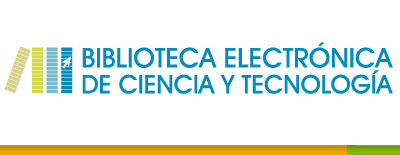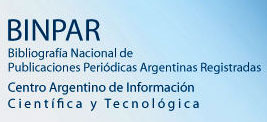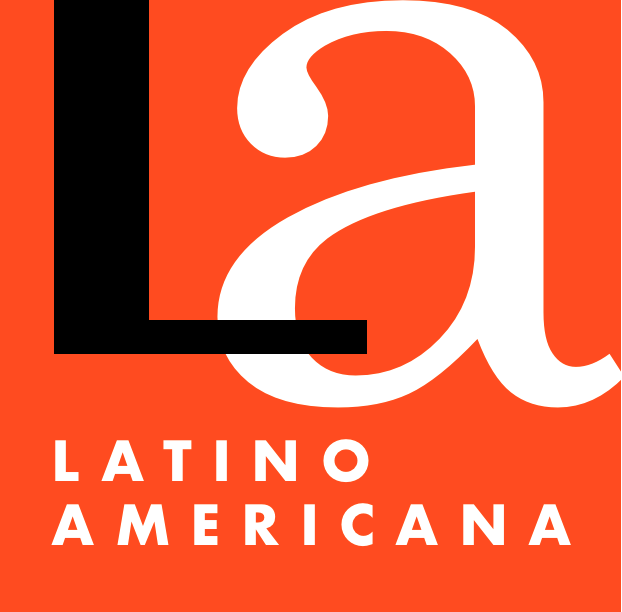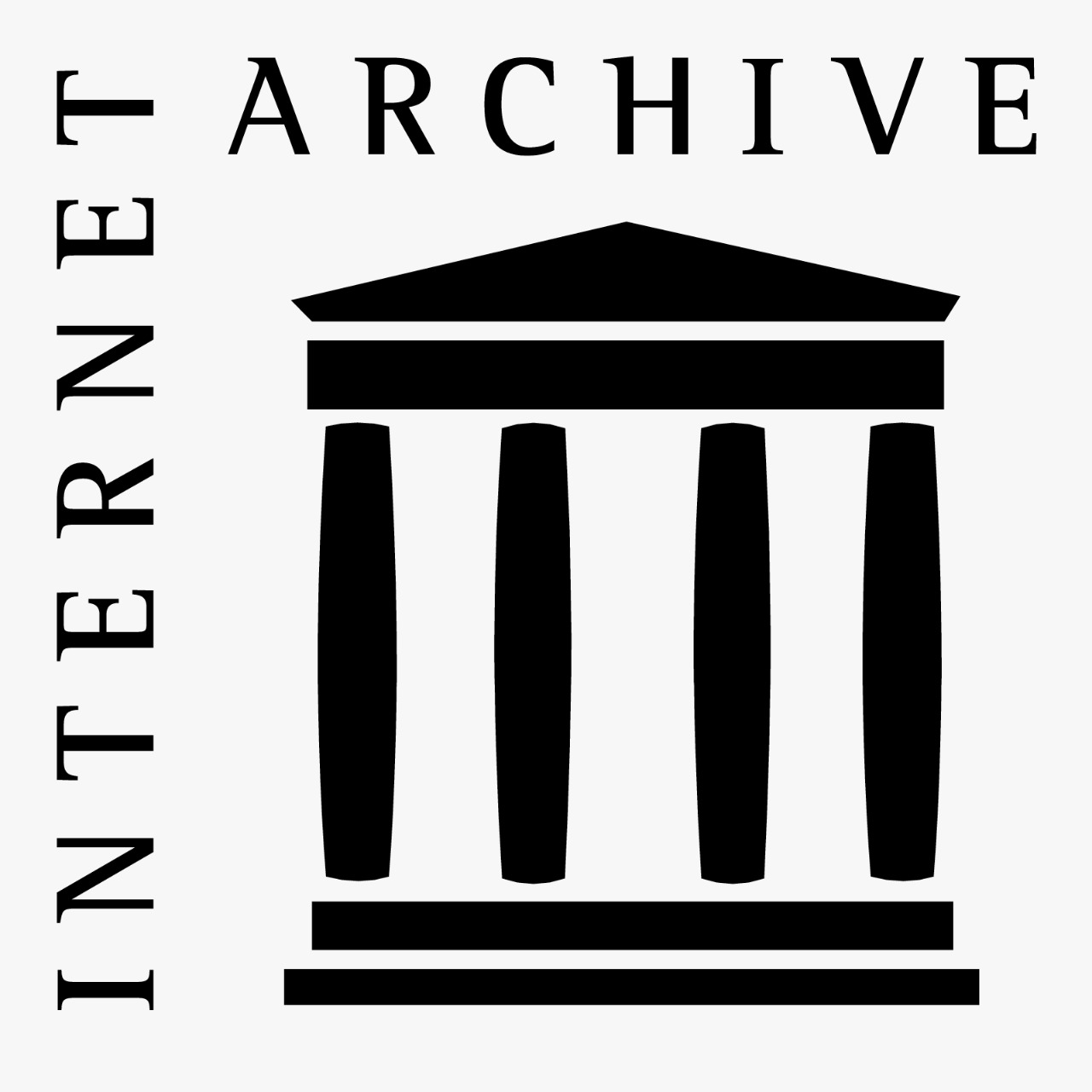Percepções Cientificas e Religiosas dos Professores de Biologia na América Latina sobre o Ensino de evolução
Importância Atribuída ao Design Inteligente
Resumo
Este estudo investiga as perspectivas científicas e religiosas de professores de Biologia na Argentina, Brasil e Uruguai em relação ao ensino da teoria evolutiva, com ênfase na possível inclusão da crença no design inteligente no processo evolutivo. A pesquisa adota uma abordagem metodológica mista, combinando técnicas qualitativas e quantitativas por meio da aplicação de um questionário internacional (BIOHEAD-CITIZEN) e de entrevistas semiestruturadas. Neste segmento da tese que fundamenta a análise, foram examinadas as respostas à questão B.44, que avalia a relevância atribuída pelos docentes ao conceito de “programa intrínseco ao organismo (design inteligente)”. Os achados demonstram que, apesar de os professores dos três países reconhecerem algum grau de importância científica para a ideia de design inteligente na evolução biológica, há variações sutis entre eles, sendo os docentes uruguaios os mais reticentes a essa concepção. O estudo evidencia a influência da religiosidade na percepção docente e ressalta os desafios do ensino da evolução, especialmente no Brasil, onde há uma maior tendência à conciliação entre teoria evolutiva e crenças religiosas. A discussão enfatiza a necessidade de compreender essas complexidades para aprimorar estratégias educacionais e promover um diálogo construtivo entre ciência e fé.
Downloads
Referências
Almeida, R. de. (2019). Bolsonaro Presidente: Conservadorismo, Evangelismo e a Crise Brasileira. Novos Estudos - CEBRAP, 38(1), 185–213. http://doi.org /10.25091/ S01013300201900010010
Alters, B. J., & Alters, S. (2001). Defending evolution in the classroom: A guide to the creation/evolution controversy. Jones & Bartlett Learning.
Araujo, E. S. N. N.; Caldeira, A., Andrade, M. de, Caluzi, J. J., & Carvalho, G. S. (2009). Concepções Criacionistas e Evolucionistas de Professores em Formação e em Exercício. VII Enpec - Encontro Nacional de Pesquisa Em Educação Em Ciências, 12.
Ayala, F. J. (2006). Evolution vs. creationism. History and Philosophy of the Life Sciences, 28(1), 71–82.
Ayala, F. J. (2007). Darwin’s Gift to Science and Religion. Washington, DC: Joseph Henry Press. https://doi.org/10.17226/11732
Ayala, F. J. (2008). Darwin and intelligent design. HTS Theological Studies, 64(1), 668–669.
Ayala, F. J. (2017). Science and Religion: Conflict or Concert? The Wiley Blackwell Companion to Religion and Ecology, 146–162.
Barbour, I. G. (1990). Religion in an Age of Science. Harper & Row San Francisco.
Barbour, I. G. (2002a). Nature, human nature, and God. Fortress Press.
Barbour, I. G. (2002b). On typologies for relating science and religion. Zygon®, 37(2), 345–360.
Behe, M. (2007). The edge of evolution: The search for the limits of Darwinism. New York.
Behe, M. J. (1996). Darwin’s black box: The biochemical challenge to evolution. Simon and Schuster.
Behe, M. J. (2009). Waiting longer for two mutations. Genetics, 181(2), 819–820. https://doi.org/10.1534/genetics.108.098905
Behe, M. J., Dembski, W., & Ruse, M. (2009). Irreducible complexity: Obstacle to Darwinian evolution. Philosophy of Biology: An Anthology, 32, 427.
Bizzo, N., & El-Hani, C. N. (2009). Darwin and Mendel: evolution and genetics. Journal of Biological Education, 43(3), 108–114.
Bonner, J. T. (1988). The evolution of complexity by means of natural selection. Princeton University Press.
Branch, G., & Scott, E. C. (2009). The latest face of creationism. Scientific American, 300(1), 92–99.
Caldeira, A. M. de A., Araújo, E. S. N. N. de, & Carvalho, G. S. de. (2011). Brazilian teachers’ conceptions about creationism and evolution. Authenticity in Biology Education: Benefits and Challenges: A Selection of Papers Presented at the 8th Conference of European Researchers in Didactics of Biology (ERIDOB), 309–321.
Campanha, V. (2020). The articulation between evolutionism and creationism in New Religious Movements: Two South American case studies. Revista Del CESLA. International Latin American Studies Review, 26, 179–194.
Carvalho, G., Dantas, C., Ranna, A. L., Luzi, D., Ruggier, R., Geier, C., Caussidier, C., Berger, D., & Clément, P. (2007). Health education approaches in school textbooks of 16 countries: biomedical model versus health promotion. Actes de colloque. Proceedings of International Organisation for Science and Technology Education (IOSTE) Conference Critical Analysis of School Sciences Textbooks.
Carvalho, G. S., & Clément, P. (2007). Projecto “Educação em biologia, educação para a saúde e educação ambiental para uma melhor cidadania”: análise de manuais escolares e concepções de professores de 19 países (europeus, africanos e do próximo oriente). Revista Brasileira de Pesquisa Em Educação Em Ciências, 7(2).
Carvalho, G, Clément, P., Bogner, F., & Caravita, S. (2004). BIOHEAD-Citizen: Biology, health and environmental education for better citizenship. STREP CIT2-CT-2004-506015, EC, Brussels, FP6, Priority 7.
Carvalho, G., Clément, P., Bogner, F., & Caravita, S. (2008). BIOHEAD-Citizen: Biology, health and environmental education for better citizenship, final report. Brussels: FP6, Priority, 7.
Cerqueira, A. V. (2009). Representações sociais de dois grupos de professores de biologia sobre o ensino de Origem da Vida e Evolução Biológica: aspirações, ambiguidades e demandas profissionais. Rio de Janeiro: Dissertação de Mestrado Apresentada Ao Programa de Pós-Graduação Em Educação Em Ciências e Saúde, Núcleo de Tecnologia Educacional Para a Saúde, Universidade Federal Do Rio de Janeiro.
Collins, F. S. (2006). The language of God: A scientist presents evidence for belief (Issue 111). Simon and Schuster.
Cornish-Bowden, A., & Cárdenas, M. L. (2007). The threat from creationism to the rational teaching of biology. Biological Research, 40(2), 113–122. https://doi.org/10.4067/S0716-97602007000200002
Coyne, J. A. (2010). Why evolution is true. Oxford University Press.
Coyne, J. A. (2012). Science, religion, and society: the problem of evolution in America. Evolution, 66(8), 2654–2663.
Coyne, J. A. (2016). Faith versus fact: Why science and religion are incompatible. Penguin.
Da Costa, N. (2020). Non-affiliated believers and atheists in the very secular Uruguay. Religions, 11(1), 50.
Darwin Correspondence Project (1879), “Letter no. 12041,” acessada em 26 de janeiro de 2024, http://www.darwinproject.ac.uk/DCP-LETT-12041.
Dawkins, R. (2011). The greatest show on earth: The evidence for evolution. (F. Press ed.).
Dawkins, R. (2016). The god delusion. Random House.
Dembski, W. A. (2004). Irreducible complexity revisited. Progress in Complexity, Information, and Design, 3(4), 1–47.
Denison, R. F. (2012). Darwinian agriculture: how understanding evolution can improve agriculture. Princeton University Press.
Desmond, A., & Moore, J. R. (1992). Darwin. Penguin UK.
Dobzhansky, T. (1973). “Nothing in biology makes sense except in the light of evolution.” The American Biology Teacher, 35(125–129). doi: 10.2307/4444260.
Duarte, S. J. H., Mamede, M. V., & Andrade, S. M. O. de. (2009). Opções teórico-metodológicas em pesquisas qualitativas: representações sociais e discurso do sujeito coletivo. Saúde e Sociedade, 18, 620–626.
Dunk, R. D. P., Barnes, M. E., Reiss, M. J., Alters, B., Asghar, A., Carter, B. E., Cotner, S., Glaze, A. L., Hawley, P. H., Jensen, J. L., Mead, L. S., Nadelson, L. S., Nelson, C. E., Pobiner, B., Scott, E. C., Shtulman, A., Sinatra, G. M., Southerland, S. A., Walter, E. M., … Wiles, J. R. (2019). Evolution education is a complex landscape. Nature Ecology & Evolution, 3(3), 327–329. https://doi.org/10.1038/s41559-019-0802-9
El-Hani, C. N., & Sepulveda, C. (2010). The relationship between science and religion in the education of protestant biology preservice teachers in a Brazilian university. Cultural Studies of Science Education, 5, 103–125.
Figueiredo, M. Z. A., Chiari, B. M., & de Goulart, B. N. G. (2013). Discurso do Sujeito Coletivo: uma breve introdução à ferramenta de pesquisa qualiquantitativa. Distúrbios Da Comunicação, 25(1).
Flick, U. (2008). Introdução à pesquisa qualitativa. Artmed editora.
Freston, P. (2015). Development and religious change in Latin America. In The Routledge handbook of religions and global development (pp. 141–155). Routledge.
Gould, S. J. (1981). Evolution as fact and theory. Discover, 2(5), 34–37.
Günther, H. (2006). Pesquisa qualitativa versus pesquisa quantitativa: esta é a questão? Psicologia: Teoria e Pesquisa, 22, 201–209.
Hoffmann, I. (2010). Livestock biodiversity. Revue Scientifique et Technique, 29(1), 73.
Klein, R. G. (2009). Darwin and the recent African origin of modern humans. Proceedings of the National Academy of Sciences, 106(38), 16007 LP – 16009. http://www.pnas.org/content/106/38/16007.abstract
Kwok, S., & Kwok, S. (2021). Common Ancestors. Our Place in the Universe-II: The Scientific Approach to Discovery, 191–198.
Leão, I., Costa, F., Carvalho, G., & Silva, H. (2019). Biological evolution and creationism from the perspective of graduate students of Biological Sciences. 2000.
Lefevre, F., & Cavalcanti Lefevre, A. M. (2014). Discurso do sujeito coletivo: representações sociais e intervenções comunicativas. Texto & Contexto Enfermagem, 23(2).
Lefevre, F., Lefevre, A. M. C., & Marques, M. C. D. C. (2009). Discurso do sujeito coletivo, complexidade e auto-organização. Ciencia & Saúde Coletiva, 14(4), 1193–1204. https://doi.org/10.1590/S1413-81232009000400025
Martín, E. (2017). God is Argentine and so is the pope! Catholicism, popular culture and the national imagination. Religions, Nations, and Transnationalism in Multiple Modernities, 175–195.
Méthot, P.-O. (2015). Darwin, evolution, and medicine: Historical and contemporary perspectives. Handbook of Evolutionary Thinking in the Sciences, 587–617.
Montero, P. (2020). Religious pluralism and its impacts on the configuration of secularism in Brazil. Secular Studies, 2(1), 14–29.
Moxon, E. R. (2010). Darwin, microbes and evolution by natural selection. In Hot Topics in Infection and Immunity in Children VII (pp. 77–86). Springer.
Nei, M. (2013). Mutation-driven evolution. OUP Oxford.
Numbers, R. L. (1993). The creationists. University of California Press.
Numbers, R. L. (2006). The creationists: from scientific creationism to intelligent design (Issue 33). Harvard University Press.
Oro, A. P. (2007). Religião, coesão social e sistema político na América Latina. São Paulo, IFHC.
Pásztor, L., Botta-Dukát, Z., Magyar, G., Czárán, T., & Meszéna, G. (2016). Theory-based ecology: a Darwinian approach. Oxford University Press.
Pennock, R. T. (2000). Tower of Babel: The evidence against the new creationism. MIT Press.
Pennock, R. T. (2002). Should creationism be taught in the public schools? Science & Education, 11, 111–133.
Pennock, R. T. (2010). The postmodern sin of intelligent design creationism. Science & Education, 19, 757–778.
Reid, R. G. B. (2009). Biological emergences: Evolution by natural experiment. MIT Press.
Rosengren, K. S., Brem, S. K., Evans, E. M., & Sinatra, G. M. (2012). Evolution challenges: Integrating research and practice in teaching and learning about evolution. Oxford University Press.
Ruse, M. (2001). The evolution wars: A guide to the debates. Rutgers University Press.
Ruse, M. (2016). Evolutionary biology and the question of teleology. Studies in History and Philosophy of Science Part C: Studies in History and Philosophy of Biological and Biomedical Sciences, 58, 100–106.
Scott, E. C. (2009). Evolution vs. creationism: An introduction (Vol. 62). University of California Press.
Scott, E. C., & Branch, G. (2003). Antievolutionism: changes and continuities. BioScience, 53(3), 282–285.
Scott, E. C., & Matzke, N. J. (2007). Biological design in science classrooms. Proceedings of the National Academy of Sciences of the United States of America, 104 Suppl, 8669–8676. https://doi.org/10.1073/pnas.0701505104
Scudo, F. M. (1990). Darwinian theories and animal taxonomy. Italian Journal of Zoology, 57(3), 181–206.
Scuro, J. (2018). Religion, politics, public space and secularism in the progressist Uruguay. Horizontes Antropológicos, 24, 41–73.
Sepulveda, C. (2004). Movimento Criacionista: Um risco à formação científica e cultural dos alunos da rede pública carioca. Boletim Da SBEnBio, 1, 4–9.
Serapioni, M. (2000). Discurso do sujeito coletivo: representações sociais e intervenções comunicativas. Revista de Ciências & Saúde Coletiva, 5(1), 187–192. https://doi.org/10.1590/S1413-81232000000100016
Silva, H. M. (2015). Professores de Biologia e Ensino de Evolução: Uma perspectiva comparativa em países com contraste de relação entre Estado e Igreja na América Latina. Tese apresentada a Faculdade de Educação da Universidade Federal de Minas Gerais. Belo Horizonte.
Silva, H. M. (2020). Ark of Absurdities: Creationism Comes to Brazil. Skeptic (Altadena, CA), 25(2), 26–31.
Silva, H. M. (2022a). Evolution and religion: the conflict: in teaching Darwinian theory. ASE International, 15(5), 5.
Silva, H. M. (2023a). Secularism, biology teachers, and evolution teaching: a comparative analysis of the Brazilian phenomenon. Journal of Biological Education, 1–16.
Silva, H. M. (2023b). Will Creationism Continue to Flourish in Brazil? Scientific American.
Silva, H. M. (2024). Intelligent Design in a Brazilian Scientific Journal: academic pseudoscience. Educação Em Foco, 27(52), 1–21. doi: https://doi.org/10.36704/eef.v27i52.7092
Silva, H. M., Carvalho, G. S., Rodrigues, P., Silva, D., Gibram, D. E., Paulista, E., & Paulo, S. (2016). A Percepção Sobre a Hipótese do Design Inteligente no Brasil A Percepção Sobre a Hipótese do Design Inteligente no Brasil (Minas Gerais). Revista Conexão Ciência, I, 11.
Silva, H. M., & Mortimer, E. (2015). ‘Rescuing Darwin’ in Brazil 1. In Latin American Perspectives on Science and Religion (pp. 97–108). Routledge.
Silva, H. M., & Mortimer, E. F. (2020). Teachers’ Conceptions about the Origin of Humans in the Context of Three Latin American Countries with Different Forms and Degrees of Secularism. Science and Education, 29(3), 691–711. http://doi.org/10.1007/s11191-020-00124-8
Silva, H. M., Oliveira, A. W., Belloso, G. V., Díaz, M. A., & Carvalho, G. S. (2021). Biology teachers’ conceptions of Humankind Origin across secular and religious countries: an international comparison. Evolution: Education and Outreach, 14(1), 1–12. http://doi.org/10.1186/s12052-020-00141-9
Silva, H. M., Peñaloza, G., Michaels, R. A., & Carvalho, G. S. (2021). Teleological vs. Scientific views of evolution theory among high school biology teachers in Argentina, Brazil, and Uruguay. Jurnal Bioedukatika, 9(2), 61–74. http://doi.org/10.26555/bioedukatika.v9i2.20715
Somma, N. M., Bargsted, M. A., & Valenzuela, E. (2017). Mapping religious change in Latin America. Latin American Politics and Society, 59(1), 119–142.
Stoltzfus, A. (2021). Mutation, randomness, and evolution. Oxford University Press.
Teixeira, P. (2019). Acceptance of the theory of evolution by high school students in Rio de Janeiro, Brazil: scientific aspects of evolution and the biblical narrative. International Journal of Science Education, 41(4), 546–566.
Thagard, P., & Findlay, S. (2010). Getting to Darwin: Obstacles to accepting evolution by natural selection. Science & Education, 19, 625–636.
Wexler, J. D. (2010). From the classroom to the courtroom: intelligent design and the Constitution. Evolution: Education and Outreach, 3(2), 215.
Zilla, C. (2020). Evangelicals and politics in Brazil: The relevance of religious change in Latin America. SWP Research Paper.
Copyright (c) 2025 Heslley Machado Silva

This work is licensed under a Creative Commons Attribution-NonCommercial-ShareAlike 4.0 International License.
Os autores detêm os direitos autorais e garantem à revista o direito de ser a primeira publicação do trabalho. Caso uma tradução do artigo já publicado na Austral Comunicación possa ser publicada em outra revista, solicita-se registrar a publicação original na versão traduzida.
A licença utilizada é CC BY-NC-SA, que permite compartilhar (copiar e redistribuir o material em qualquer meio e formato) e adaptar (remixar, transformar e construir sobre o material) nos seguintes termos: atribuição (reconhecer a autoria) e não comercial (o material não pode ser usado para fins comerciais). Atualização: 1 de fevereiro de 2022.
A Austral Comunicación permite ao (s) autor (es) reter os direitos de publicação sem restrições.








